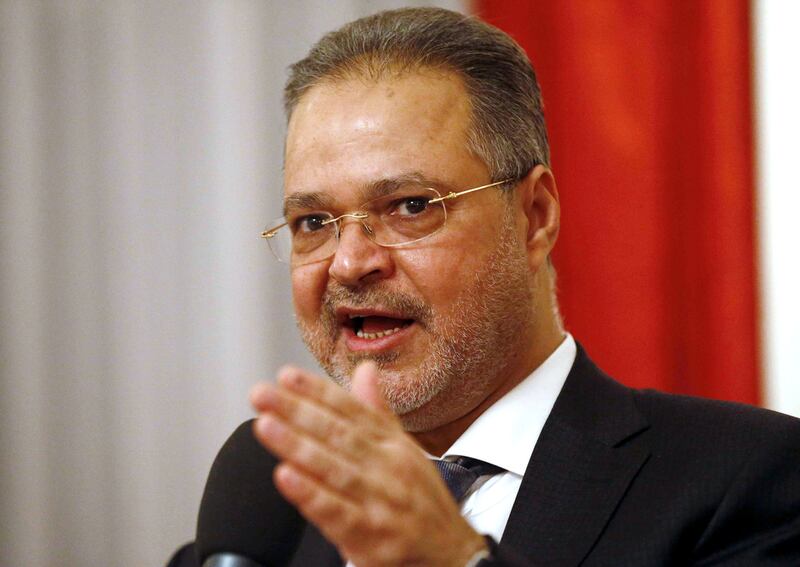ADEN // Yemen has only asked for a “reassessment” of a recent raid by US special forces that left militants as well as dozens of civilians including women and children dead, and denied reports that it is suspending government permission for future ground operations.
“Yemen continues to cooperate with the United States and continues to abide by all the agreements,” Yemen’s foreign minister, Abdul Malik Al Mekhlafi, told the Associated Press on Wednesday.
He added that the internationally recognised government is currently “involved in talks with the US administration on the latest raid,” and that the New York Times report claiming that his government had withdrawn permission for such raids was “not true”.
A senior Yemeni official told Reuters, “We made clear our reservations about the last operation. We said that in the future there needs to be more coordination with Yemeni authorities before any operation and that there needs to be consideration for our sovereignty.”
The special forces operation on January 29 was the first such counter-terrorism raid approved by US president Donald Trump, and the first publicly known US ground operation since a failed December 2014 attempt to free two western hostages held by Al Qaeda in the Arabian Peninsula (AQAP).
The US worked closely with the government of President Abdrabbu Mansur Hadi as well as his predecessor on counterterrorism operations against AQAP, which western security officials consider to be the Al Qaeda group that is most capable of mounting overseas plots.
But US counter-terrorism forces had to withdraw from Yemen in 2015 after the outbreak of the civil war, and beginning last year the US has been working on rebuilding its capabilities and presence in the country, including the posting of a small contingent of special forces working with UAE forces in the south-east.
But last month’s raid on a small village in Bayda governorate has been seen as a partial failure and openly criticised by US military officials who said they were not allowed to properly plan the relatively large-scale operation. Two dozen Navy Seals backed by other forces lost the element of surprise and had to call in air strikes after they met with unexpected resistance while trying to collect intelligence and potentially capture senior allies of AQAP. NBC News reported that the target of the raid was the leader of AQAP, Qasim Al Raymi.
While he was neither captured nor killed, US officials say 14 other militants were, including Abdulrauf Al Dhahab, a tribal leader allied with AQAP.
Twenty-five civilians in the tiny village of Yakla were killed, including eleven children and six women, a Yemeni government source in Bayda told The National. Among the children was the eight-year-old daughter of the deceased American AQAP propagandist and leader, Anwar Al Awlaki, whose wife was Al Dhahab’s sister.
An American Navy Seal was also killed in the firefight, and three were seriously injured when one of the rescue aircraft crash landed.
The raid angered the Yemeni government, which is backed by the US and the Saudi-led coalition, which said that Al Dhahab was an allied tribal leader whose forces only fought Houthi rebels. The raid threw into sharp relief the convoluted, sometimes contradictory, web of alliances in the two-year-long conflict. It also threatens the government’s alliances with the tribe and others who supported Al Dhabab.
The pro-government forces gained control of the strategic port as part of an operation to seize the rebel-held Red Sea coast, but then they withdrew because of the large number of landmines planted in the town and of rebel snipers.
Meanwhile on Wednesday, 32 combatants were killed as pro-government forces backed by the coalition recaptured most of the port town of Mokha from rebels after two days of fierce clashes. Loyalists backed by the firepower of a Saudi-led Arab coalition entered the strategic port town in late January as part of their efforts to drive the rebels away from the Red Sea coast. The Wednesday battle left 24 rebel fighters dead.
foreign.desk@thenational.ae
* With additional reporting by Agence France-Presse





